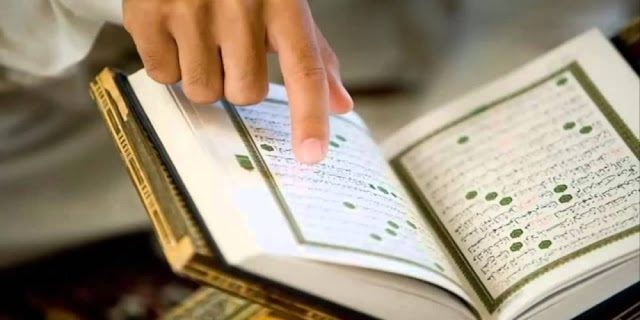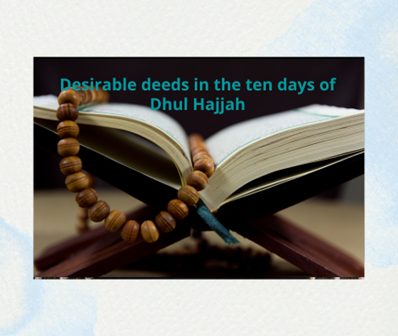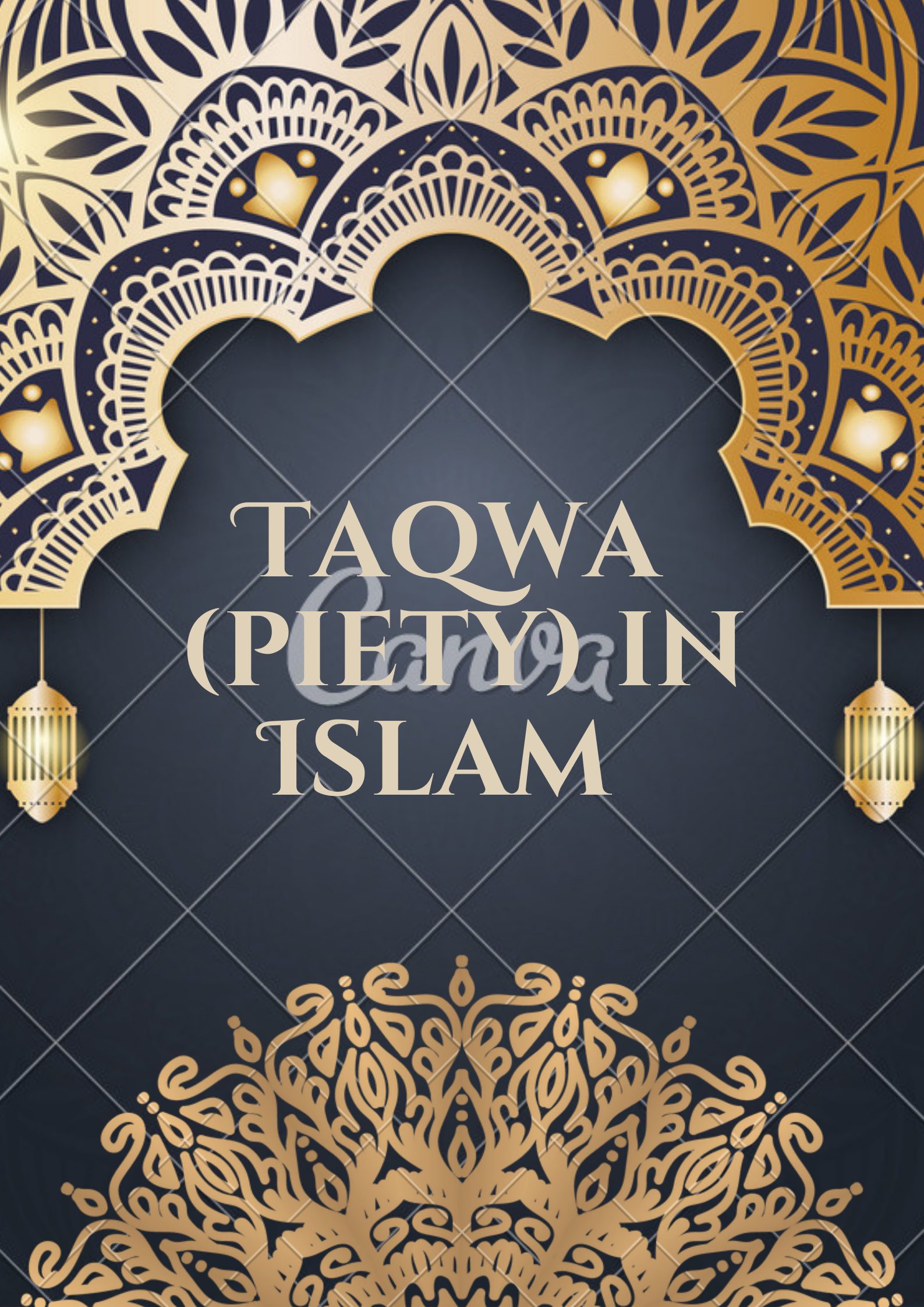Laylat ul-Qadr and the month of Ramadan
The revelation of the Qur’an
The Qur’an was revealed to the Prophet (PBUH) at the beginning of his mission. its first revelation was in the month of Ramadan. It was sent down on the Night of Decree. Its descent continued gradually until the nearness of the death of the Prophet (peace and blessings of Allah be upon Him).
There is no connection between the Qur’an and fasting. But the connection between the Qur’an and the month of Ramadan, the Night of Power, and the month of Ramadan was known before and after the mission, as well as the rest of the months. Laylat ul-Qadr is a night in the month of Ramadan, which was known before fasting was imposed. That night the angels and the holy spirit descend with the permission of Allah Almighty.
The beginning of the revelation of the Qur’an was in Ramadan of the first year of the mission, and its revelation continued for 23 years. As for fasting, it was obligatory after the mission after the first revelation of the Qur’an about 15 years.
The Qur’an was brought by Jibreel, peace be upon him, from the Preserved Tablet (in the Seventh Heaven) down to the first heaven, and placed in the place of Power or Honor. The Qur’an was not revealed to the Prophet all at once but revealed in well-arranged stages gradually to strengthen and reassure His heart. And there were twenty-three years between its beginning and its end.
The last ten days of Ramadan
The Messenger of Allah (PBUH)used to strive in the last ten days of Ramadan as much as he did not strive other than that with prayer, recitation, and supplication.
‘Aishah (May Allah be pleased with her) reported:
The Messenger of Allah (PBUH) used to strive more in worship during Ramadan than he strove in any other time of the year, and he would devote himself more (in the worship of Allah) in the last ten nights of Ramadan than he strove in the earlier part of the month.
[Muslim].
Qiyam during Lailat-ul-Qadr
The Prophet urged us to perform the Night of Decree with faith and be hopeful of Allah’s reward, as in Hadith:
Abu Hurairah (May Allah be pleased with him) reported:
The Prophet (PBUH) said, “Whosoever performs Qiyam during Lailat-ul-Qadr (Night of Decree), with Faith and being hopeful of Allah’s reward, will have his former sins forgiven.”
[Al-Bukhari and Muslim].
Allah said in Surah Al-Qadr: “The night of Decree is better than a thousand months” (Interpretation of the meaning of Ayah)
One of the best supplications to be said on the Night of Decree is what the Prophet, may peace and blessings of Allah be upon him, taught us.
‘Aishah (May Allah be pleased with her) reported:
I asked: “O Messenger of Allah! If I realize Lailat-ul-Qadr (Night of Decree), what should I supplicate in it?” He (PBUH) replied, “You should supplicate: (O Allah, You are Most Forgiving, and You love forgiveness; so forgive me).”
[At-Tirmidhi].
As for specifying a night in Ramadan as Laylat ul-Qadr, this needs evidence to identify it and not others.
As for heresies, they are not permissible, neither in Ramadan nor elsewhere.
On the authority of the mother of the faithful, Aisha (May Allah be pleased with her), who said: The Messenger of Allah (PBUH) said, “He who innovates something in this matter of ours (i.e., Islam) that is not of it will have it rejected (by Allah).” [Bukhari & Muslim] In another version in Muslim it reads: “He who does an act which we have not commanded, will have it rejected (by Allah).”





